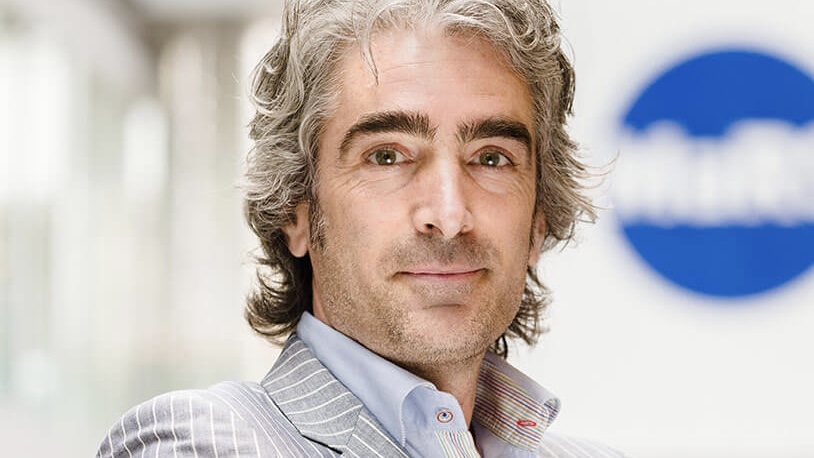Atlantic Canadian cleantech companies like Dartmouth-based superstar CarbonCure and Halifax’s Arolytics, which recently raised $3.5 million, stand to benefit from a broad shift in attitudes towards environmental technology plays from investors not just on the East Coast, but industry-wide, according to ArcTern Ventures managing partner Tom Rand.
In an interview Friday, he said that despite a broad downturn in the venture capital markets in recent years, cleantech is one sector for which the funding ecosystem is still growing.
Rand, who is managing partner at Montreal- and Toronto-based ArcTern Ventures, will speak at the New Brunswick Innovation Foundation and Opportunities New Brunswick’s R3 climatetech summit in Saint John on Nov. 23.
“Cleantech, five or six years ago, was dead in the water,” said Rand. “When we started up our second fund in 2018, 2019, there were maybe half a dozen funds that specialized in cleantech venture capital, there are now 150, 180 (globally).
“We can look at venture capital quarter on quarter, but there is such a tectonic, fundamental shift in capital markets as it relates to climatetech that variations up and down 10 or 15 percent make absolutely no difference, really, when we’re taking a long view. Capital is pouring into the sector compared to 10 years ago.”
About eight percent of the 807 startups in the Entrevestor databank are cleantech companies, including headline-making players like CarbonCure, which earlier this year closed the largest venture capital round ever in Nova Scotia at US$80 million, as well as younger businesses like Glas Ocean Electric, which is developing electric propulsion systems for boats and last month raised US$2 million.
Nationally, cleantech investment activity recently reached a record high, according to the Canadian Venture Capital and Private Equity Association, topping out at $560 million across eight funding rounds. The size of the deals being inked decreased in the first quarter of this year, but the number of funding rounds increased to 21, worth a combined $174 million.
“COVID reminded us, humbled us, that we’re not in charge, nature’s in charge when it decides to rear its head,” said Rand, who has authored several books on climatetech, including The Case for Climate Capitalism: Economic Solutions for a Planet in Crisis. “I actually think there was kind of a pent-up understanding that — I hate to use this language — we’re up sh*t’s creek on climate change.
“I think people have avoided that reality for a really long time.”
That awareness, Rand added, has contributed to an increased willingness by decision makers to adopt environmentally friendly new technologies. Where it used to be the case that managers at large businesses were only willing to take the risk of adopting unproven, but greener tech if it offered significant cost savings, mere cost parity is now proving to be enough for new players to gain traction.
Rand co-founded ArcTern in 2012, and for much of the fund’s history, it has often been the sole investor in its funding deals. That was partly because cleantech companies typically have longer incubation times than other startups, which made such deals a hard sell for venture capital fund managers who needed to return money to investors on shorter timeframes. More recently, though, ArcTern has been finding more willing partners, which Rand believes reflects the broader shift in attitudes among financiers.
“As a venture investor, you’ve got an eight- to 10-year fund, but the value creation is going to be in year 15, those are still hard questions,” said Rand. “I don’t know that the landscape’s changed enough to answer those questions yet.
“But it takes a decade, minimum, to get a (cleantech) company to the point where you’re bankable for a billion dollars, which means we can see our competition coming five years away. We know where we’re going to be in the market. We know what piece of it we can get, so if we can get up that massive hill, there are much, much larger rewards to be had, as well."









